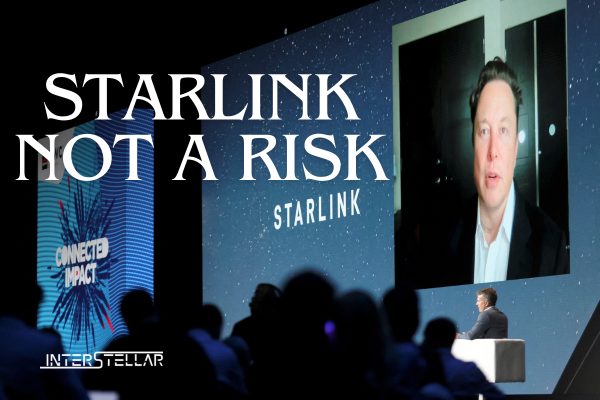Italy Explores Collaboration with Elon Musk’s Starlink for Secure Communications
National space agency (ASI) of Italy stated that a potential deal with Elon Musk’s Starlink for encrypted satellite communications would not pose security risks. ASI President Teodoro Valente addressed concerns on Thursday, highlighting the advantages of such an agreement.
Rome is considering Starlink’s advanced systems to support secure communications for government agencies, embassies, and defence officials in high-risk areas. However, opposition parties have questioned whether such sensitive communications should rely on a company owned by the US tech billionaire.
Italy Addresses Security Concerns
ASI’s President Valente reassured that partnering with Starlink would enable secure communications using national proprietary technology. He dismissed doubts over data security, emphasising that they lack technical grounds.
He further clarified that working with Starlink would not conflict with IRIS2, the European Union’s planned satellite constellation. IRIS2 aims to deliver secure communications for EU governments and extend broadband services to underserved regions. However, it is unlikely to become operational before 2031.
Delays in IRIS2 Drive Italy’s Alternatives
The IRIS2 project, initially expected to launch between 2026 and 2027, has experienced significant delays. Valente criticised the prolonged negotiations, saying Italy has been compelled to explore other options to address immediate needs.
Italy plans to finalise a feasibility study for its own low-orbit satellite constellation by mid-year. However, Valente assured this initiative would complement the EU’s IRIS2 project rather than compete with it. Despite Italy’s robust space industry, with annual production valued at €2 billion, developing its constellation will take years.
“We do not have low-orbit satellites in warehouses,” Valente stated, underlining the complexity of the undertaking.
Looking Ahead
With Italy seeking swift solutions to strengthen its secure communications infrastructure, collaboration with Starlink presents a practical option. However, concerns over reliance on a non-European company remain a focal point of debate.
With inputs from Reuters





